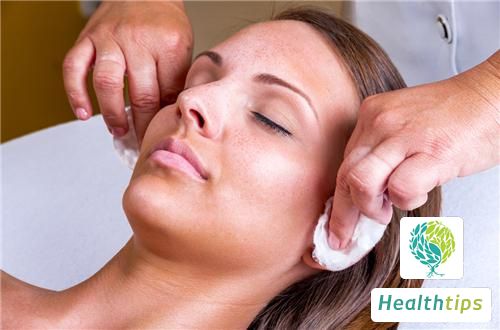What medication is good for treating cracked heels?

There are many reasons for cracked heels, the most common of which is dry skin. Some hydrating and moisturizing skincare products can be applied externally to the heels, which is beneficial for skin repair. If it is caused by fungal infection, antifungal drugs can be used under a doctor's guidance. The physiological aging process can also lead to cracked heels, as the metabolism slows down in elderly people, with more dead cells and fewer new cells, resulting in poor skin elasticity and prone to cracking. Metabolic disorders can also cause cracked heels, especially in some women after childbirth, which can lead to metabolic disorders and form cracked heels. Skin diseases such as inherited keratinization disorders (like ichthyosis) and abnormal keratin metabolism diseases (like chronic eczema) can also cause cracked heels. Erosive athlete's foot with fungal infection often presents with eroded and cracked skin between the toes, which is a type of wet athlete's foot and can be treated with topical antifungal medications. This article discusses conventional dry skin-related cracked heels. Keratinized athlete's foot belongs to dry athlete's foot, with symptoms such as cracks on the heels and edges of the feet. Nutritional factors such as vitamin A and vitamin E deficiency can also lead to cracked heels. In cold weather, poor blood circulation and reduced skin elasticity can easily cause cracked heels.
1. Eat more oily foods during dry and cold seasons. 2. Patients with a longer course of the disease or elderly patients should increase their nutrition by appropriately consuming more foods such as pig liver, pig skin, mutton, colla corii asini, and cod liver oil pills. 3. Due to the cold and dry climate in winter with less sweating, the skin is prone to drying, cracking, and wrinkling. Therefore, special attention should be paid to cold protection and warmth for the feet. Regularly soak feet in warm water and apply some oily skincare products to avoid frostbite that may exacerbate skin cracking on the hands and feet. 4. In daily life, attention should also be paid to a diversified diet, consuming more fruits and vegetables, drinking more water, and consuming an appropriate amount of protein-rich foods to maintain skin moisture and elasticity, which can prevent the occurrence of cracked heels.



















